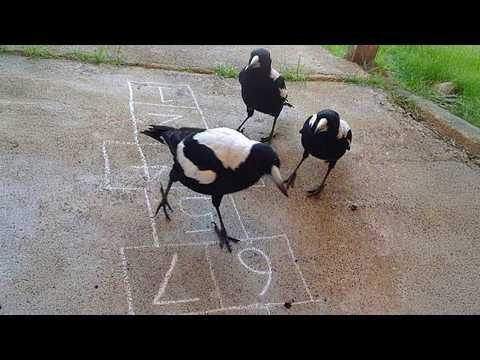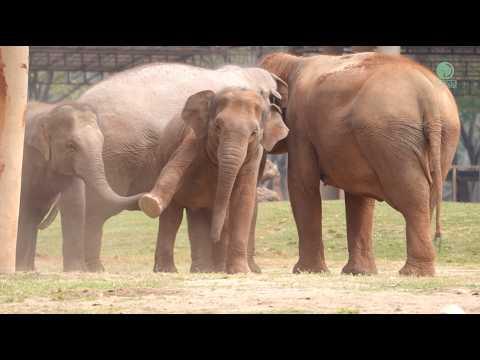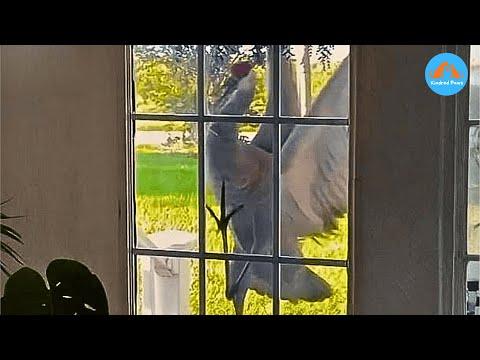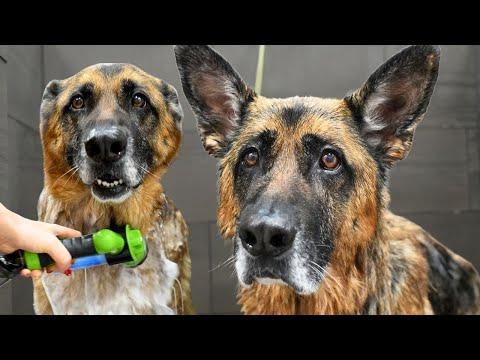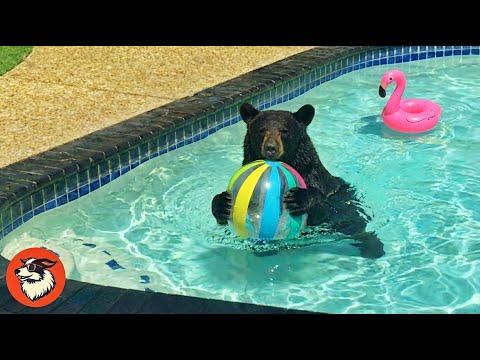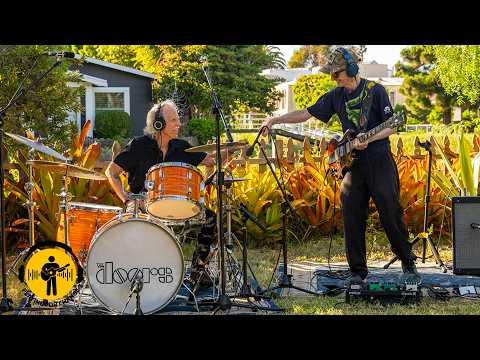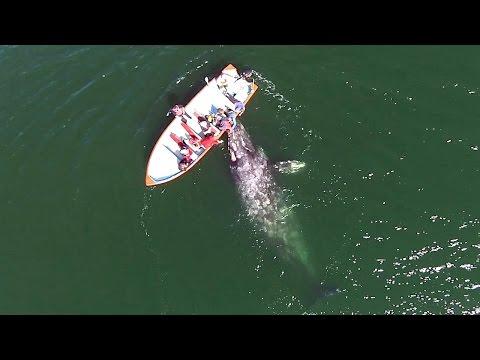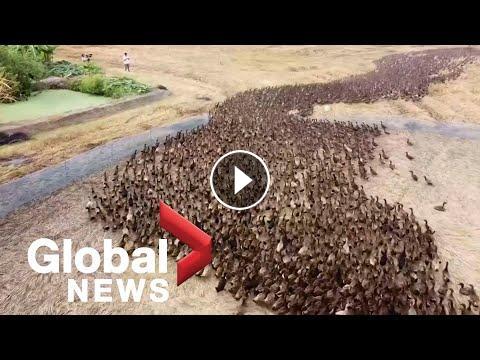After the rice crop was harvested on a farm in Nakhon Pathom province in Thailand, a flock of around 10,000 ducks was released from a pen - and instinctively streamed towards the flooded fields to devour pests such as snails hiding in the rice stubble.
Drone footage, capturing the spectacle that resembles naturally-occurring animal migration, shows the birds zig-zagging across the fields as they headed towards the nutrient-rich rice paddies.
This way of raising ducks in rice-growing areas has long been a tradition in the area and other parts of the region. Thais call it "ped lai thoong", which means "field chasing ducks".
The Khaki Campbell ducks, a British breed, are brought to rice fields after 20 days in nursery and will be raised on the move for the next few months. After roaming free for about five months, they are returned to the duck farm to produce eggs for up to three years.
"The benefit (for the breeder) is that we reduce costs to feed the ducks," said Apiwat Chalermklin, 34, a breeder who took over the business from his father. "And in return, for the rice farmers the ducks help eat pests from the farm and the farmers can reduce the use of chemicals and pesticides."
Apiwat has four flocks of ducks that move around different rice fields in the province where farmers typically cultivate three rice crops every year.
---
- Category
- Pets And Animals
- Tags
- Thailand, Nakhon Pathom, Nakhon Pathom province, ducks, duck farming, rice paddies, Thailand ducks, ped lai thoong, rice farming, rice paddy, rice fields, Khaki Campbell duck, ducks Thailand, ducks rice fields, ducks rice paddies, Thailand duck farming, Thailand rice harvest


